Chinese search engine giant, Baidu, has just announced its own autonomous car platform which is intended to speed up the development of driverless vehicles.
On Tuesday, the company launched Project Apollo, which provides a software and hardware solution to specific partners and would help their vehicles navigate the roads using AI technology. Baidu did not specify which partners it was working with. Driverless has reached out to the company for further clarification.
Baidu's technology will be rolled out in a "restricted environment" in July. The autonomous vehicles will be run on urban roads at the end of the year and driven on highways and city roads by 2020 in the US.
The company stated that it hopes to accelerate the pace of driverless development by making its products more accessible to the general public, as well as improving obstacle perception, trajectory planning, vehicle control, vehicle operating systems, and other functions for autonomous vehicles.
The technology has been rigorously tested on Beijing's roads and highways, according to Baidu. The company received an Autonomous Vehicle Testing Permit for California in September last year. Its autonomous car fleet was subsequently trialed at the World Internet Conference in Wuzhen, Zhejiang Province in November.
Speaking about Project Apollo, Qi Lu, the Group President and Chief Operating Officer at Baidu, said:
An open, innovative industry ecosystem initiated by Baidu will accelerate the development of autonomous driving in the US and other developed automotive markets. In addition, through open technology, our technological achievements can be quickly applied to a wide range of fields -- and accelerate even more achievements. This is a great opportunity for those talent dedicated in autonomous driving.
Evidently, Baidu is attempting to edge its way to the forefront of the driverless race here in the US as it competes with the likes of Google in their own backyard. Indeed, the Chinese car firm hopes to bring its driverless car to market by 2018, which is ambitious given the timelines of their competitors.
Indeed, Baidu and BMW called off their previous collaboration due to differing views on the pace of development last year. At the time of the split, BMW's China CEO Olaf Kastner told Reuters:
We now have found that the development pace and the ideas of the two companies are a little different.
At present, Baidu are scouting for potential partners who "will provide the best and most compatible vehicles, sensors, and other components" to achieve their accelerated vision. They have certainly got some stiff competition.
Driverless vehicle expert Grayson Brulte, the co-founder of Brulte & Company and Autonomous Tomorrow, said that even brands like Porsche were upping their game in the driverless arena. Apple is also attempting to grow their business in the automated market, like Baidu.
"At this point, I believe Apple is working on a software platform," Grayson told Driverless. "If the number of driverless test vehicles increases or Apple buys a ride-sharing logistics software platform company such as RideCell, Smartcar, Lyft or Gett, my opinion would change. This would be a clear indication that Apple would be launching an on-demand autonomous vehicle service. Then the remaining question becomes, who will be Apple's Foxconn for building the autonomous vehicles."
Just updated your iPhone? You'll find new emoji, enhanced security, podcast transcripts, Apple Cash virtual numbers, and other useful features. There are even new additions hidden within Safari. Find out what's new and changed on your iPhone with the iOS 17.4 update.
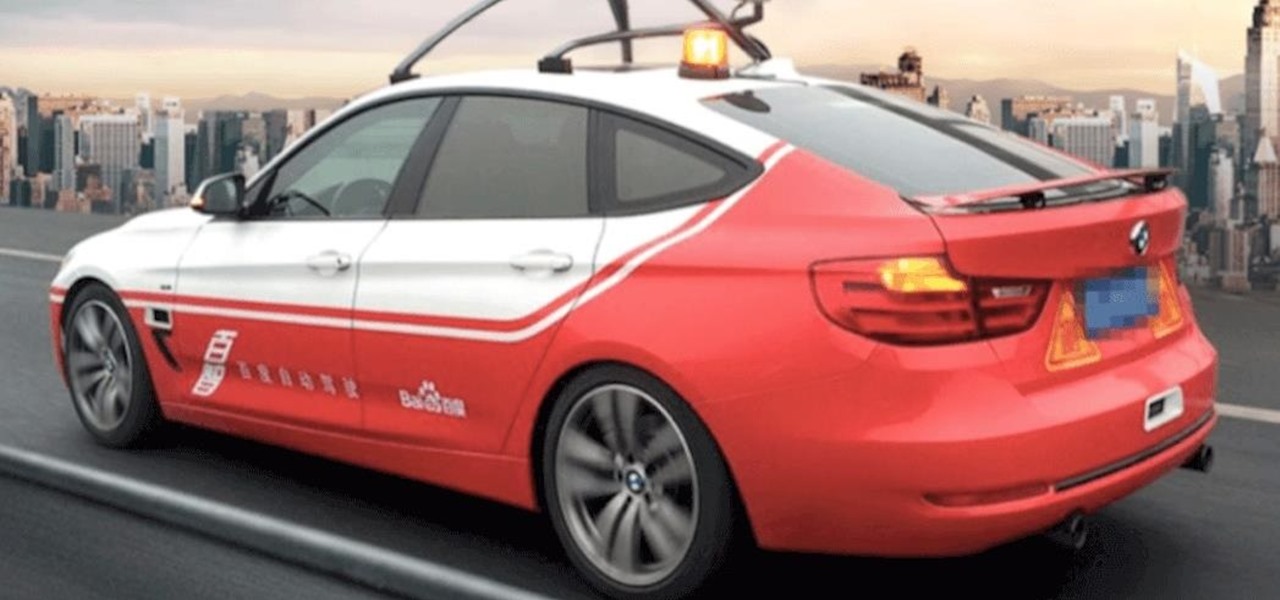



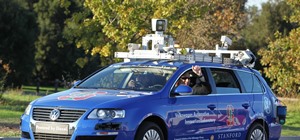
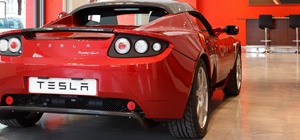
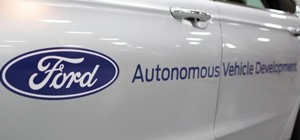

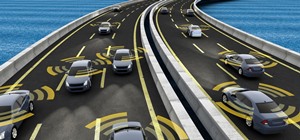

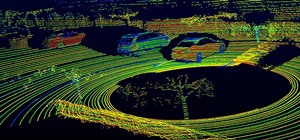
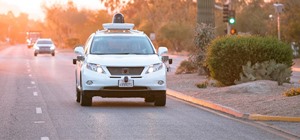
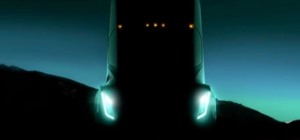
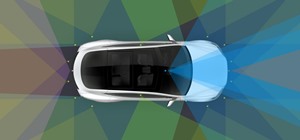
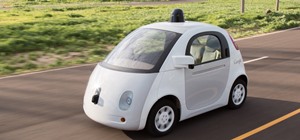
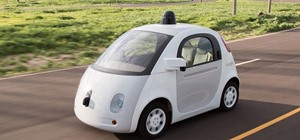
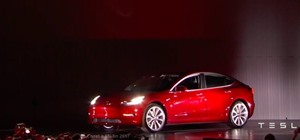
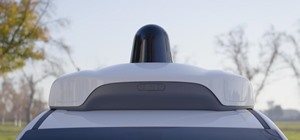

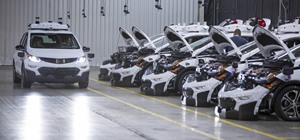
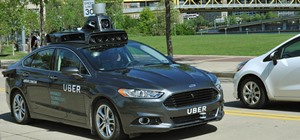
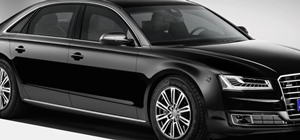

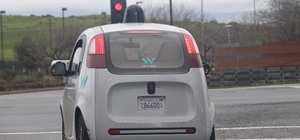

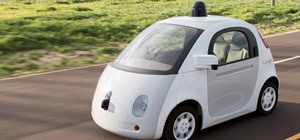
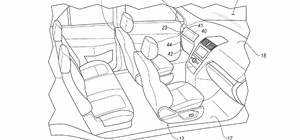



Be the First to Comment
Share Your Thoughts